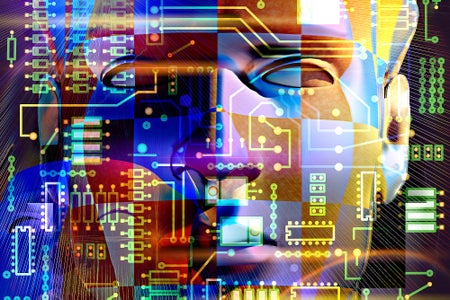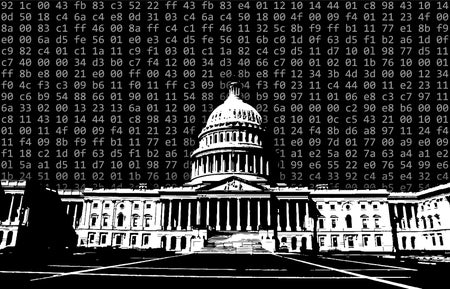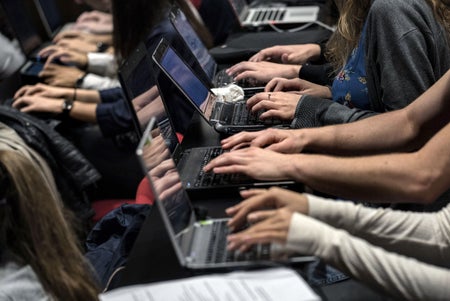
Does the First Amendment Confer a ‘Right to Compute’? The Future of AI May Depend on It
We need to figure out if there is a constitutional right to compute

Does the First Amendment Confer a ‘Right to Compute’? The Future of AI May Depend on It
We need to figure out if there is a constitutional right to compute

Why Japan Is Building Its Own Version of ChatGPT
Some Japanese researchers feel that AI systems trained on foreign languages cannot grasp the intricacies of Japanese language and culture

Physicists Explain How Heat Kills Machines and Electronics
Extreme heat can slow and even damage electronics ranging from computers to cars

Car Thieves Can Hack into Today’s Computerized Vehicles
To steal cars that rely on remotes and computer networks, thieves are trading their pry bars for laptops and wireless devices

Young People Tell Us They Need Help Identifying Misinformation
We surveyed Canadian youth about science when it comes to making informed decisions. Their responses tell us that we need to work harder to help youth everywhere recognize misinformation

A Simple Replication Agreement Could Improve Trust in Science
A replicability crisis threatens computational science without shared code, data and methods from studies. A new replication agreement system can mitigate this crisis.

People, Not Google’s Algorithm, Create Their Own Partisan ‘Bubbles’ Online
Politically polarized Google users are not steered to partisan sites by the search engine’s algorithm but generally decide to go there on their own

A Number System Invented by Inuit Schoolchildren Will Make Its Silicon Valley Debut
Math is called the “universal language,” but a unique dialect is being reborn

How ChatGPT Can Improve Education, Not Threaten It
A professor explains why he is allowing students to incorporate ChatGPT into their writing process instead of banning the new technology

New Exascale Supercomputer Can Do a Quintillion Calculations a Second
New “exascale” supercomputers will bring breakthroughs in science. But the technology also exists to study nuclear weapons

Discovery Helps Computers Draw Intricate Two-Dimensional Animations
A new algorithm solves the long-standing “hidden line problem” of computer graphics

The Leap Second’s Time Is Up: World Votes to Stop Pausing Clocks
How, and whether, to keep atomic time in sync with Earth’s rotation is still up for debate